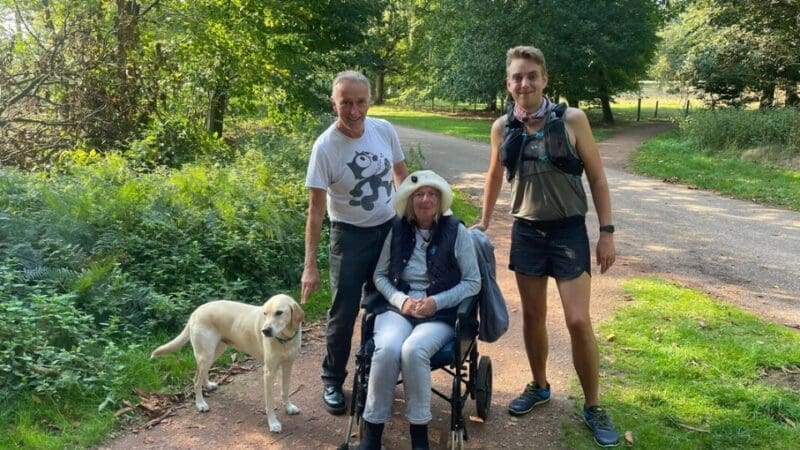If you care for someone with dementia, there may come a point when you are unable to look after them at home anymore, or when moving into a care home is in their best interests. Here’s what you need to know about making this difficult decision.
Types of care home
There are two main types of care home:
- Residential care homes provide accommodation and personal care such as help with washing, dressing, giving medication, using the toilet and taking part in activities. Some specialise in dementia
- Nursing homes also provide personal care, but have qualified nursing staff who can support people with more complex physical or mental health needs or learning disabilities
Some homes offer both residential and nursing care. The needs of the person with dementia will influence the type of care home you choose.
When might you consider a care home?
Reasons for considering residential care might include:
- sleep problems in the person with dementia
- the person leaving home alone and/or getting lost outside the home
- a breakdown in a home care arrangement
- difficulties managing personal care such as washing, dressing and continence
- frailty in the person with dementia and/or those caring for them
- difficulty managing multiple health conditions in the person with dementia and/or those caring for them
- worries about the person’s safety, or the safety of yourself and others
- the person rejecting help from you and other carers
- the person finding it increasingly difficult to cope with daily living, eg neglecting their home and/or themselves
- the person feeling anxious and unsettled in their own home and/or not recognising that they are at home
Making a decision about moving into a care home
When considering a move into a care home, try to involve the person with dementia, as far as possible, and other family members. Our dementia specialist Admiral Nurses can also offer advice: please see Sources of support for contact details.
Many people with dementia will eventually lose the mental capacity to make their own decisions about their care. For this reason, it is best to make plans for their future as early as possible so they can share their opinions and preferences in advance.
These plans should include:
An advance care plan (ACP): a document that sets out the person’s wishes for their future medical and personal care, including residential care.
Lasting power of attorney (LPA): a legal process where a person appoints someone trusted to make decisions on their behalf if they lack capacity. There are two types: health and welfare; and property and financial affairs.
If the person lacks capacity and does not have an ACP or LPA, you may need to make a decision about whether they should move into a care home on their behalf, in their best interests. You should involve other family members, especially those with caring responsibilities, as well as professionals involved in the person’s care.
Assessments of care needs
There are certain assessments that can establish the care needs of the person with dementia and their eligibility for financial support.
Needs assessment: a Social Services assessment to identify the person’s support needs and make recommendations for their care, which may include moving into a care home. The assessor will not recommend a particular care home but can provide a list of options locally.
Financial assessment: a review of the person’s finances to establish whether they qualify for financial support with their care. If possible, this should take place before you start looking for care homes, as it might influence your decision – for example, some may be over your budget.
NHS continuing healthcare funding (CHC) assessment: an assessment of eligibility for care funding for adults with long-term, complex health needs, which may include dementia. Normal NHS healthcare – for example, from a GP, district nurse or in hospital – is free, but CHC covers other care costs, such as home carers or care home fees.
Applying for CHC can be stressful, so it is highly recommended that you have support from a dementia specialist. Our Helpline can advise you if there is an Admiral Nurse or other support service in your area that could help.
Choosing the right care home for a person with dementia
Choosing a care home can be challenging. Some might be too expensive, full, or unable to cater for the person’s individual needs. In some cases, there may not be a suitable care home in your area, and the person might be offered a placement that is some distance from you.
Finding a suitable care home for a person with young onset dementia (where symptoms develop before the age of 65) can be particularly difficult. Many are tailored to older people and cannot support the different needs of a younger person. You may like to read our information and advice on choosing a care home for a person with young onset dementia.



